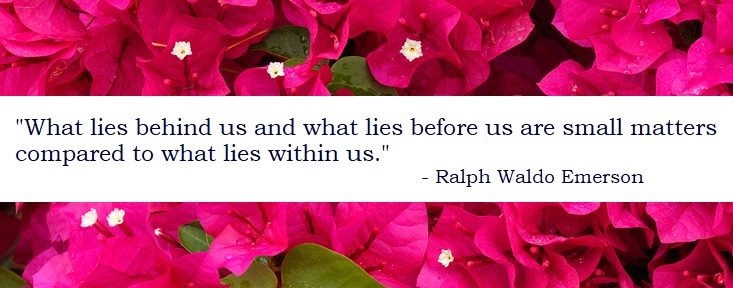There can be no such thing as free will without love and love thrives only in the context of acceptance.
In the absence of love and acceptance, human beings cling to fear and the illusion of control. These two extremes are like water and oil – never the two shall mix. As such, one is either engaged in the flowing activity of loving and accepting – honoring GD – or in the activity of entertaining the illusion of control; that is to say, fearing loss or pain on some level of the human condition that is solely defined by ego.
Masks are required for illusion, not truth that comes from GD. Masks are needed for serving man’s ego-driven needs to find power in places it does not exist, really. As we know, power does not reside in a title or role; in the size of a house or wallet; in the amount of attention one receives for an act; in the quality of a “selfie,” or of any accolade or pinnacle reached, at any given point along the human journey.
Time is the best teacher, yet we humans are not given endless time as part of the package deal on physical resources, upon entering this domain filled with so much song, stardust and sunflowers. So how are we to learn in the context of this uncertain and limited aspect of our existence?
Only our soul knows the truth of our infinity – of the existence of all that is greater – of the holiness that lives as the source of light, within. In this sense, we are given every opportunity to learn, at the drop of a hat; in the blink of an eye; in every moment and without any limitation whatsoever.
As we all know, there is nothing physical in this life that cannot be taken away on a dime. Whether by natural disaster or manmade misfortune, nothing physical is our permanent possession. I know the very moment I became consciously aware of this powerful truth. For whatever reason I cannot recall, I shall never forget the wisdom of words shared by my mother, as I sat in the passenger seat of our old Saab 99, as a very young girl, while making our way around a winding, bumpy road, near the statue of Junipero Serra, in Carmel, CA. She emphasized the absolute fact that there is nothing physical that people could not take away from you – your car, your home, your clothing – literally, everything you own could be taken away, regardless of any protest. However, she followed up, people can never take away what you think in here (pointing to her head) and feel in here (pointing to her heart). These are yours, she said, and nobody – but NOBODY – can take them from you. I remember this moment – these words – as if they were yesterday. And they live at my core, always.
But, I digress. The point is to say that our human inclination is to seek out a sense of permanence by “rationally” (based on reason/logic/mind) placing trust and faith in the physical when, in truth, nothing physical is permanent. Ironically, as “real” as the physical world appears, it is the least real or permanent aspect of our existence. Ultimately, by “irrationally” placing trust and faith in that which cannot be seen or touched – that which has no physical element whatsoever – we are, in fact, closer to truth and all that is real, holds meaning and is of eternal value.
Human beings, it seems, are addicted to the illusion of control, in much the same way as to the idea that the physical world is more real and relevant to their interests than it is. Yet, only in letting go does one become aligned with pure liquid truth – acceptance that is at the heart of love; faith that is at the heart of holiness; integrity of soul.
Letting go is not the same as giving up. It does not mean human beings lack deep appreciation for the physical world and all of its beauty, much less of our ability to nurture, refine and shape in the countless ways we each are called to serve in this way. It simply means embracing the “irrational” idea that, in truth, reality is defined by what cannot be seen by the naked eye and which purely emanates from the wisdom of the heart – a concept that is so many times referenced in our Torah and, imho, for good “reason.”
To be continued…
©2019 Aliza Wiseman, all rights reserved

